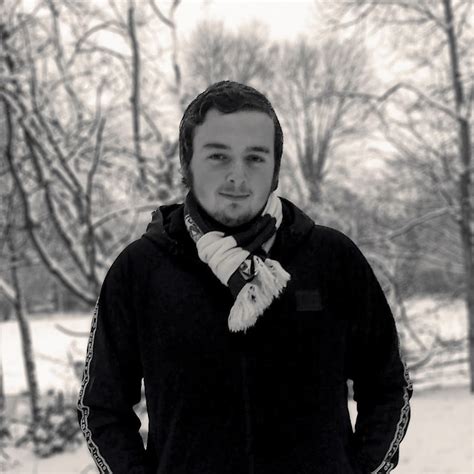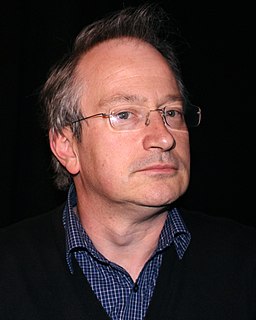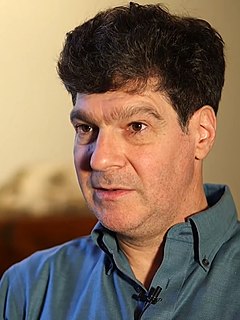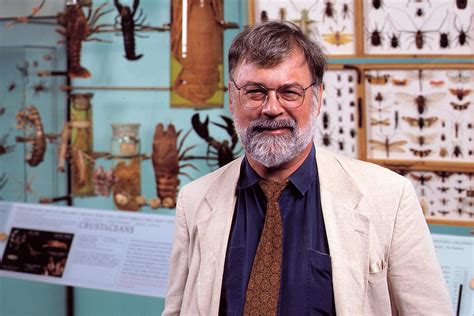A Quote by Michael Denton
The hold of the evolutionary paradigm is so powerful that an idea which is more like a principle of medieval astrology than a serious twentieth century scientific theory has become a reality for evolutionary biologists.
Related Quotes
The more evolutionary theory gets called an atheistic theory, the greater the risk that it will lose its place in public school biology courses in the United States. If the theory is thought of in this way, one should not be surprised if a judge at some point decides that teaching evolutionary theory violates the Constitutional principle of neutrality with respect to religion.
Considering that we live in an era of evolutionary everything---evolutionary biology, evolutionary medicine, evolutionary ecology, evolutionary psychology, evolutionary economics, evolutionary computing---it was surprising how rarely people thought in evolutionary terms. It was a human blind spot. We look at the world around us as a snapshot when it was really a movie, constantly changing.
Darwin's principle of natural selection leads to the prediction that the proper way to analyze any evolutionary development is to see the new features as adaptive to environments. And that's a perfectly good principle. The problem is that there are many evolutionary biologists who view everything that happens in evolution as directly evolved for adaptive benefit. And that just doesn't work. Whenever you build a structure for adaptive reasons, the structure is going to exhibit properties that have nothing to do with adaptation. They're just side consequences.
If it is true that an influx of doubt and uncertainty actually marks periods of healthy growth in a science, then evolutionary biology is flourishing today as it seldom has flourished in the past. For biologists collectively are less agreed upon the details of evolutionary mechanics than they were a scant decade ago. Superficially, it seems as if we know less about evolution than we did in 1959, the centennial year of Darwin's on the Origin of Species.
I was lucky to wander into evolutionary theory, one of the most exciting and important of all scientific fields. I had never heard of it when I started at a rather tender age; I was simply awed by dinosaurs. I thought paleontologists spent their lives digging up bones and putting them together, never venturing beyond the momentous issue of what connects to what. Then I discovered evolutionary theory. Ever since then, the duality of natural history-richness in particularities and potential union in underlying explanation-has propelled me.
Evolutionary theory, properly understood, does not conflict with the idea that God occasionally intervenes in nature - for example, by once or twice causing a beneficial mutation to occur. Biologists have not detected any such interventions despite the data and theory they have assembled about mutation. However, I think it is a mistake to expect biological experiments to be able to detect such one-off acts of divine intervention, especially if those acts occurred in the distant past. Science isn't in that line of work.
Paleontologist Niles Eldredge, a prominent evolutionist, said: 'The doubt that has infiltrated the previous, smugly confident certitude of evolutionary biology’s last twenty years has inflamed passions.' He spoke of the 'lack of total agreement even within the warring camps,' and added, 'things really are in an uproar these days . . . Sometimes it seems as though there are as many variations on each [evolutionary] theme as there are individual biologists.'






























